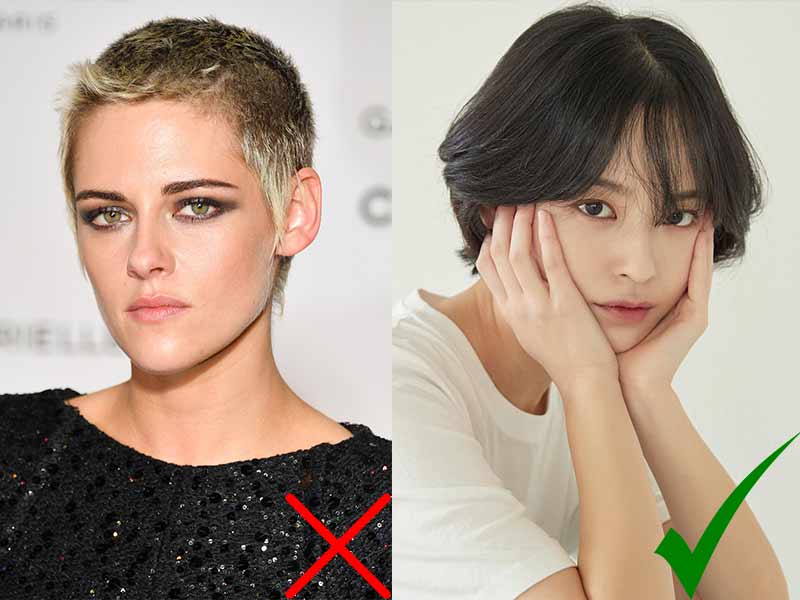
Have you ever wondered if your hair has a maximum length? Many people believe that their hair can only grow to a certain length before it stops. But is this really true? Let's take a closer look at the science behind hair growth and find out.
The Science Behind Hair Growth

Hair growth is a complex process that involves several stages. The first stage is called the anagen phase, which is the growth phase. During this phase, hair follicles produce new hair cells, which push the old hair out of the follicle and eventually lead to hair growth.
The length of the anagen phase varies from person to person, but on average it lasts between two to six years. After the anagen phase, hair enters the catagen phase, which is a transitional phase. During this phase, the hair follicle shrinks and the hair stops growing.
Finally, the hair enters the telogen phase, which is the resting phase. During this phase, the hair follicle remains dormant for about three months before the hair falls out and the cycle starts again.
Can Hair Stop Growing?

Based on the science behind hair growth, it's clear that hair can't simply stop growing at a certain length. As long as the hair follicle remains healthy and active, hair growth will continue.
However, there are several factors that can affect hair growth and make it seem like hair has stopped growing. These factors include genetics, age, hormones, and health conditions.
Factors That Affect Hair Growth

Genetics play a major role in determining your hair growth potential. Some people simply have a genetic predisposition for longer hair, while others may struggle to grow their hair past a certain length.
Age is another factor that can affect hair growth. As we age, our hair follicles become less active, which can lead to slower hair growth and thinner hair.
Hormones also play a role in hair growth. Hormonal imbalances, such as those caused by pregnancy, menopause, or thyroid disorders, can affect the hair growth cycle and lead to hair loss or slower hair growth.
Finally, certain health conditions and medications can affect hair growth. For example, chemotherapy drugs can cause hair loss, while autoimmune diseases can lead to hair thinning or baldness.
How to Promote Hair Growth

While you may not be able to change your genetics or age, there are several things you can do to promote healthy hair growth. These include:
- Eating a healthy diet that is rich in vitamins and minerals
- Reducing stress levels through exercise and relaxation techniques
- Avoiding harsh hair treatments, such as excessive heat styling or chemical treatments
- Using gentle hair care products that are free from sulfates and other harsh ingredients
- Getting regular trims to prevent split ends and breakage
The Bottom Line

So, does your hair have a maximum length? The answer is no. As long as your hair follicles remain healthy and active, your hair will continue to grow. However, there are several factors that can affect hair growth and make it seem like your hair has stopped growing.
If you're concerned about your hair growth, talk to your doctor or a hair care professional. They can help you identify any underlying factors that may be affecting your hair growth and provide you with tips and strategies for promoting healthy hair growth.